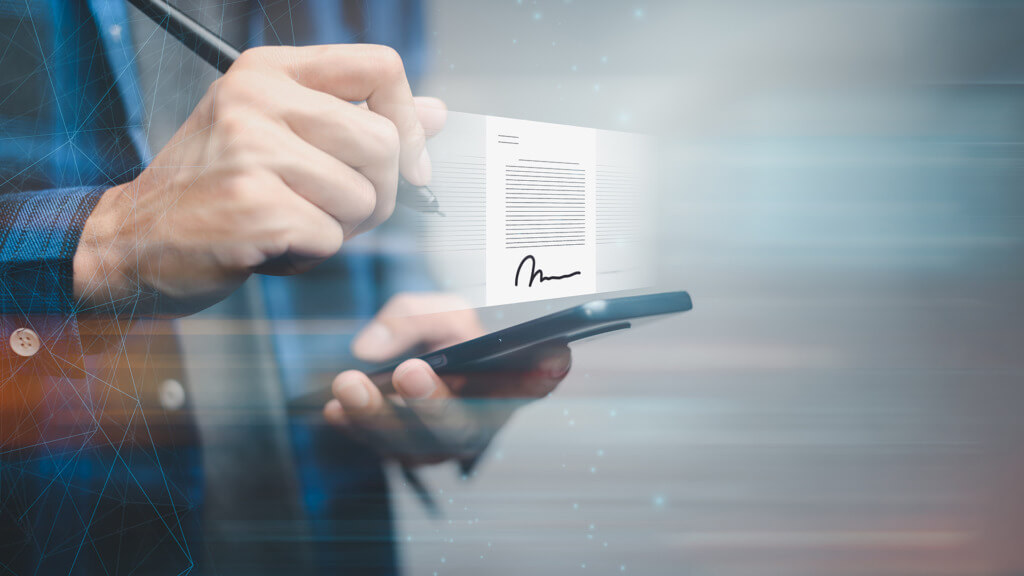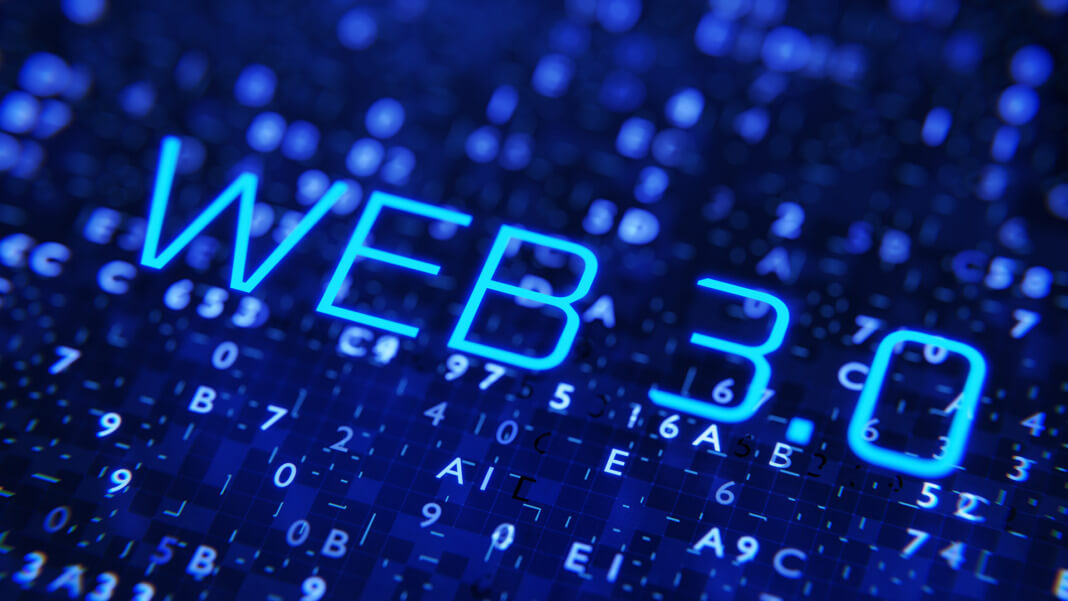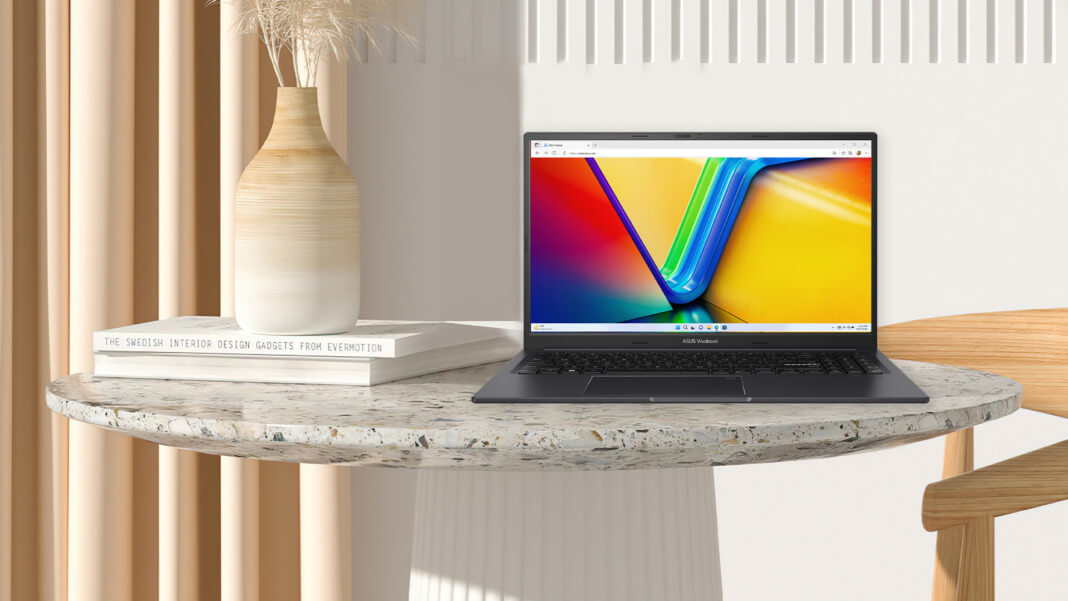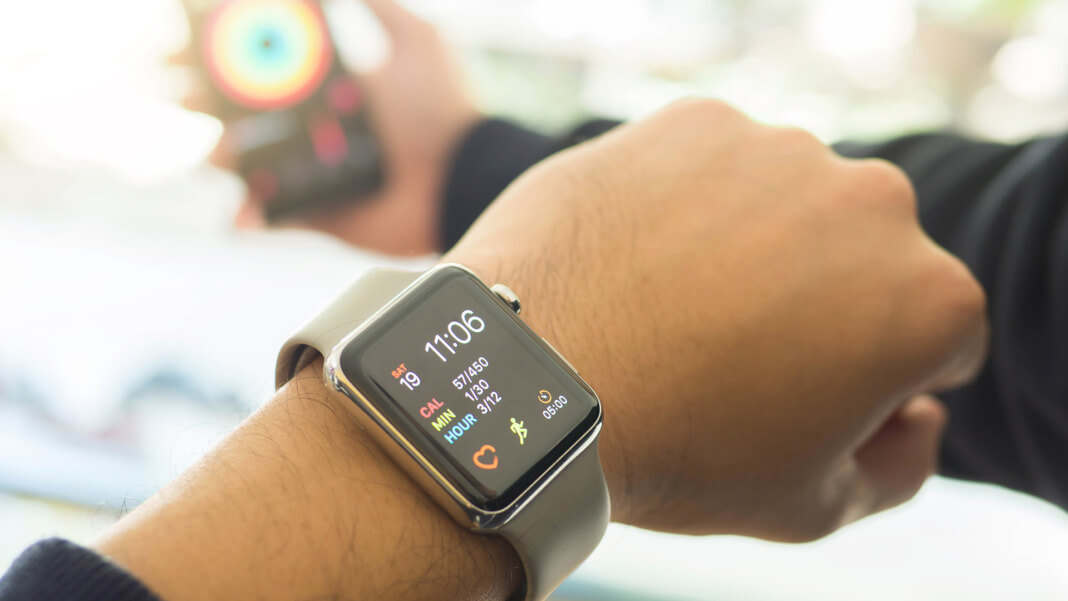The world of work is changing rapidly, with technological advancements transforming how we work and collaborate. In recent years, we have seen a rise in remote work, freelancing, the gig economy, and the emergence of new technologies like blockchain and cryptocurrencies. Web3 technologies are at the forefront of this transformation, offering new opportunities for decentralisation and collaboration that were previously impossible.
Web3 refers to the next generation of the internet based on decentralised technologies like blockchain and peer-to-peer networks. These technologies can disrupt many industries, including finance, healthcare, and education. However, the most significant impact of Web3 will be on the future of work.
As we move towards a more decentralised and collaborative future, it is essential to understand the potential of Web3 technologies and how they can shape how we work. This article will explore how Web3 is changing the future of work, including the emergence of decentralised organisations and new forms of collaboration. We will also examine the challenges and opportunities presented by Web3 and what the future of work might look like in a Web3 world.
Decentralised Autonomous Organisations
One of the most exciting developments in Web3 is the emergence of Decentralised Autonomous Organisations (DAOs). These organisations run entirely on the blockchain without central authority or management structure. Instead, decision-making is distributed among all members of the organisation, who hold tokens representing their stake in the DAO.
DAOs can potentially revolutionise our work by creating new collaboration and community ownership forms. For example, a DAO could fund and manage a project owned and operated by its members, with profits distributed among them. This would enable a more equitable and democratic form of ownership where everyone has a stake in the project’s success.
Another critical benefit of DAOs is their ability to operate across borders and jurisdictions. As long as members have access to the internet, they can participate in the DAO and contribute to its decision-making process. This makes DAOs ideal for global collaborations, where members from different countries can collaborate on a common goal.
However, DAOs are still in their early stages of development, and many challenges must be overcome. One of the biggest is governance, as decision-making can become slow and cumbersome in large decentralised groups. There is also the issue of accountability, as it can be difficult to hold individuals responsible for their actions in a decentralised system.
New forms of collaboration

Web3 technologies are also enabling new forms of collaboration that were previously impossible. For example, decentralised marketplaces and platforms create new opportunities for freelancers and independent contractors to connect with clients and find work.
These platforms operate on the blockchain, with smart contracts ensuring that payments are made automatically and securely. This eliminates the need for intermediaries such as banks and payment processors, reducing costs and increasing transparency.
One example is the platform Gitcoin, which connects developers with open-source projects requiring their skills. In addition, developers are rewarded with cryptocurrency for their contributions, creating a self-sustaining ecosystem that benefits developers and project owners.
Another area where Web3 enables new forms of collaboration is the creation of digital assets. Non-fungible tokens (NFTs) are unique digital assets representing anything from art to music to virtual real estate. NFTs are stored on the blockchain, providing a secure and transparent record of ownership.
This has created new opportunities for creators to monetise their work and collaborate with others. For example, musicians can develop NFTs representing their songs, allowing fans to own a piece of the music and participate in the creation process. This creates a new form of community ownership, where fans are invested in the artist’s success and work.
Challenges and opportunities of Web3
While Web3 technologies open up new opportunities for collaboration and decentralisation, they also present significant challenges. One of the biggest is the issue of scalability, as blockchain technology can be slow and resource-intensive. This can limit the ability of Web3 platforms to scale and handle large volumes of transactions.
There is also the issue of user adoption, as many people still need to become familiar with Web3 technologies and how they work. This can create a barrier to entry for new users, limiting the growth and adoption of Web3 platforms.
However, there are also many opportunities for Web3 in future work. For example, Web3 technologies can enable more secure and transparent supply chains, creating a more ethical and sustainable business ecosystem. They can also allow new forms of identity and reputation management, reducing the reliance on traditional centralised systems and enabling more trust and transparency in the workplace.
Another potential benefit of Web3 is creating more fluid and dynamic work environments. With decentralised organisations and smart contracts, it is possible to make flexible work arrangements that adapt to the needs of both employees and employers. This can enable more efficient and effective work processes and greater worker autonomy and creativity.
Overall, the future of work in a Web3 world is full of possibilities and opportunities. While there are challenges to overcome, such as user adoption and regulatory issues, the potential benefits of Web3 for the future of work are immense. By embracing this new era of decentralisation and collaboration, we can create a more equitable, transparent, and dynamic lot of work for all.





